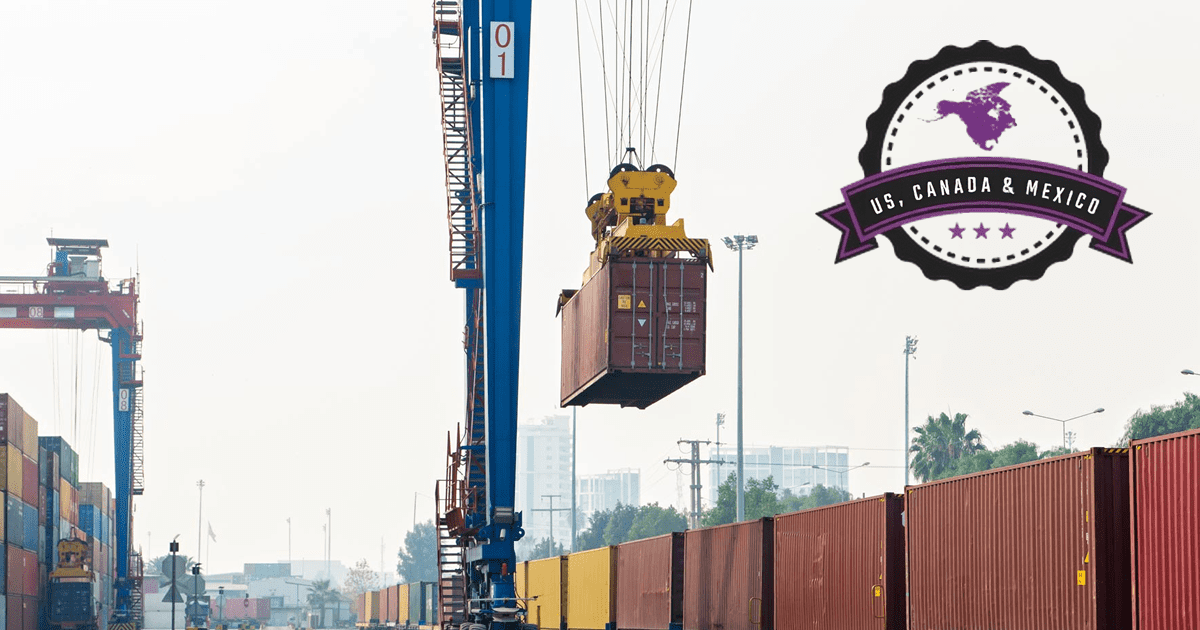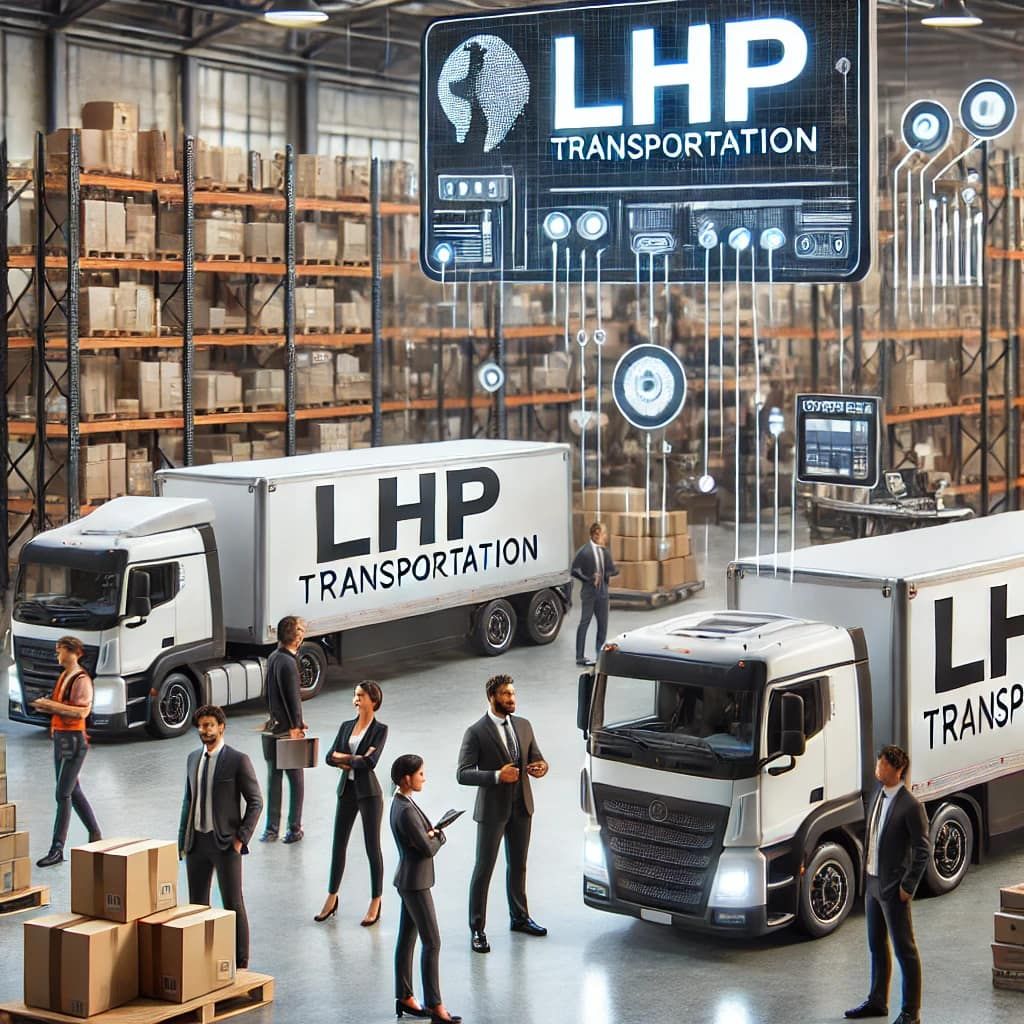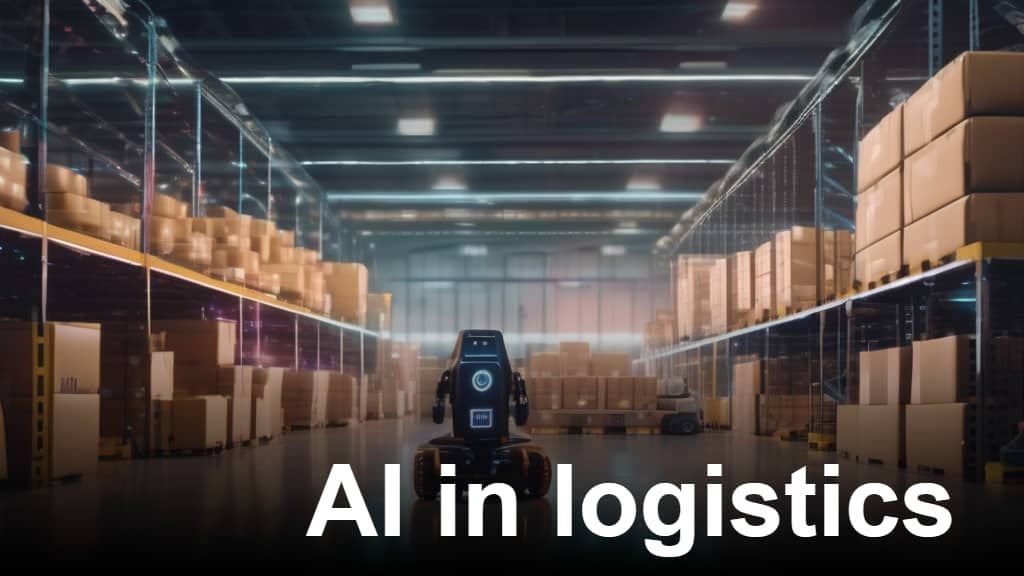Revolutionizing Logistics with AI: The Future of Automated Supply Chains
The advent of artificial intelligence (AI) has transformed various industries, and logistics is no exception. As we move towards a more connected and automated world, AI is poised to revolutionize every aspect of logistics, from inventory management to last-mile delivery. This article explores the myriad ways in which AI is automating logistics, streamlining operations, and paving the way for a future where supply chains are more efficient, responsive, and sustainable.
- Predictive Analytics for Demand Forecasting: AI-powered predictive analytics is revolutionizing demand forecasting in logistics. By analyzing historical data, market trends, and consumer behavior, AI algorithms can accurately predict future demand, allowing companies to optimize inventory levels, reduce stockouts, and minimize excess inventory. This not only improves operational efficiency but also enhances customer satisfaction by ensuring product availability.
- Intelligent Warehouse Management: AI is transforming warehouse operations through the implementation of smart robots and automated guided vehicles (AGVs). These AI-driven systems can navigate warehouses, pick and pack orders, and restock inventory with minimal human intervention. Additionally, AI-powered drones are being used for inventory checks, significantly reducing the time and labor required for manual stocktaking.
- Optimized Route Planning: AI algorithms excel at analyzing vast amounts of data to determine the most efficient routes for transportation. By considering factors such as traffic patterns, weather conditions, and delivery windows, AI can optimize route planning to reduce fuel consumption, decrease delivery times, and lower operational costs.
- Autonomous Vehicles in Logistics: The future of logistics is moving towards autonomous vehicles. Self-driving trucks and drones are being developed to transport goods without human intervention. This not only reduces the risk of human error but also enables 24/7 operations, potentially revolutionizing the speed and efficiency of logistics.
- Enhanced Supply Chain Visibility: AI-driven platforms are providing unprecedented visibility into supply chains. By integrating data from various sources, these platforms offer real-time tracking of shipments, predictive insights into potential disruptions, and recommendations for mitigating risks. This level of transparency enables companies to make informed decisions, reduce delays, and improve overall supply chain resilience.
- Dynamic Pricing Models: AI is enabling dynamic pricing models in logistics, where shipping rates are adjusted in real-time based on factors such as demand, capacity, and external events. This allows logistics providers to optimize their pricing strategies, maximize profits, and offer competitive rates to customers.
- Customer-Centric Last-Mile Delivery: AI is playing a crucial role in enhancing last-mile delivery, the final and most critical leg of the logistics journey. By leveraging customer data, AI algorithms can personalize delivery options, predict the best delivery times, and provide real-time updates to customers. This not only improves the delivery experience but also increases customer satisfaction and loyalty.
- Enhanced Customer Experience: AI extends its automation capabilities to customer service within logistics, offering personalized experiences and proactive solutions. Through chatbots and virtual assistants, customers can receive instant responses to inquiries, track shipments in real-time, and access a wealth of information without human intervention. This not only improves customer satisfaction but also frees up human resources to focus on more complex issues.
- Sustainable Logistics: In an era where sustainability is of paramount importance, AI is paving the way for greener logistics operations. Through route optimization and improved efficiency in warehouses and transportation, AI is significantly reducing carbon emissions. Moreover, AI’s predictive capabilities are minimizing waste by ensuring that products are delivered and stored in the most efficient manner possible, contributing to environmental sustainability.
Conclusion
AI is at the forefront of a logistics revolution, automating and optimizing every aspect of the supply chain. FreightLogic.ai is one of a few companies LHP Transportation will be incorporating AI into their operations. From predictive analytics to autonomous vehicles, AI technologies are making logistics more efficient, responsive, and customer-centric. As AI continues to evolve, we can expect further innovations that will redefine the future of logistics, making it smarter, faster, and more sustainable. The era of AI-driven logistics is not just a vision of the future; it is rapidly becoming a reality, transforming the way goods are moved around the globe
Related posts
Harnessing AI in Logistics: A Path to Innovation and New Challenges
In the fast-paced world of logistics, artificial intelligence (AI), particularly








